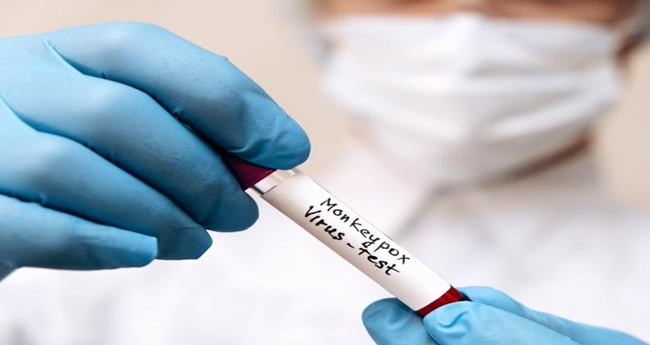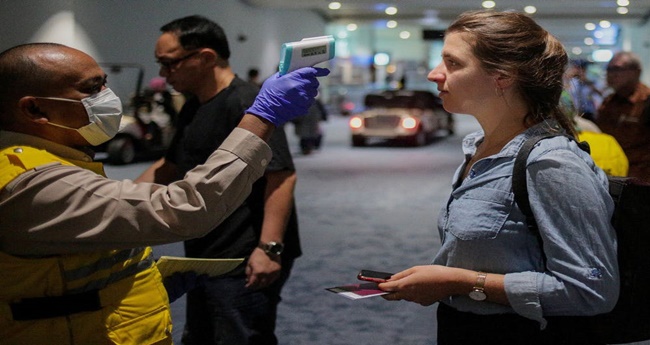Filipino Infected by Monkeypox in Singapore
Filipino has been tested and confirmed positive for Monkeypox virus in Singapore, the Department of Foreign Affairs (DFA) said.
The patient claimed that there was no contact with anyone recorded with the monkeypox virus in Singapore. Experts and health care authorities are investigating how and where he got this type of virus.
According to the report of Inquirer.net, DFA spokesperson Teresita Daza said that there is one male Filipino in Singapore who is infected with monkeypox. The said case is a 31-year-old Filipino who tested positive on July 25.
Singapore’s Ministry of Health (MOH) said about the situation, that the patient first developed a fever on July 21 and subsequently had rashes on his body and face. The (MOH) assured that the patient’s condition is now stable.
“He sought medical care at SGH (Singapore General Hospital) on 24 July and was admitted on the same day. Contact tracing is ongoing,” said Singapore Ministry of Health.

The report mentioned that the health authorities in Singapore are conducting contact tracing to tests and isolate all the patient’s closest contact. The case is confined at Singapore General Hospital and observed by the physician.
Last July 19, the first monkeypox case recorded in the Philippines is a 31-year-old Filipino who arrived in the Philippines. The said case went to countries where many cases of monkeypox have been recorded.
Reverse transcription-polymerase chain reaction (RTPCR) is the test used for the patient. July 28 is when the test was performed, the case was examined at DOH Research Institute for Tropical Medicine and confirmed positive for monkeypox.
As to passengers coming from other countries, the Department of Quarantine will examine and do some temperature scanning to ensure the safety of all. They also ask some screening questions about monkeypox.

The transmission of Monkeypox can easily escalate via saliva, blood, and air, bitten and scratched by an animal that is infected by the said virus is also a possible risk factor. Rashes, headaches, and fever are the common signs you may experience if you are infected with the said virus.
Cleaning your hands with soap and water, avoiding kissing, hugging, and sharing cups or utensils with others is the way we can prevent this kind of disease. Isolating yourself if you’re infected is also a good idea to prevent the spreading of the virus.
You may also visit: Northern Luzon Quake Death toll Climbs to 10
